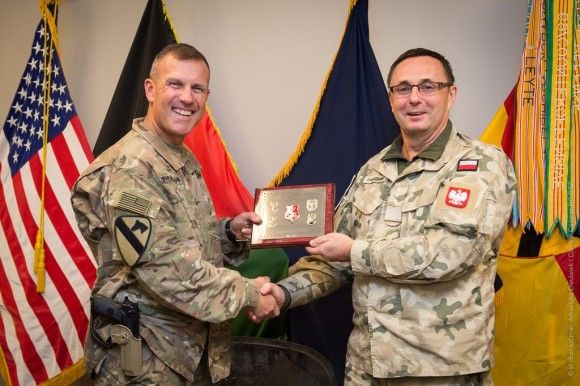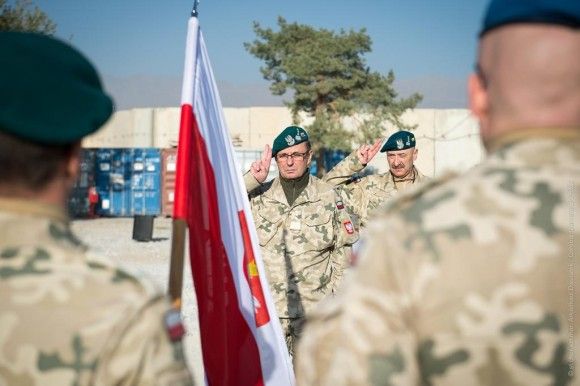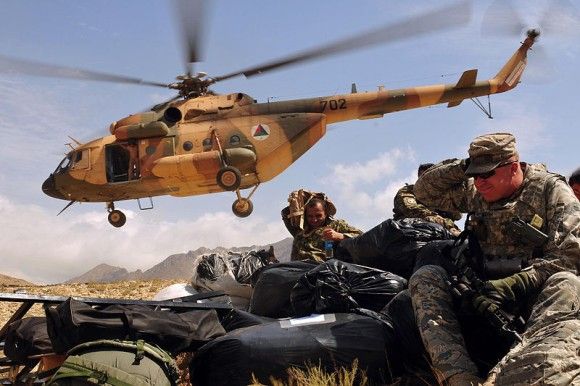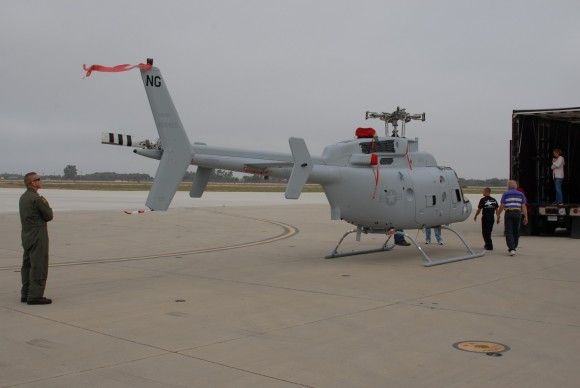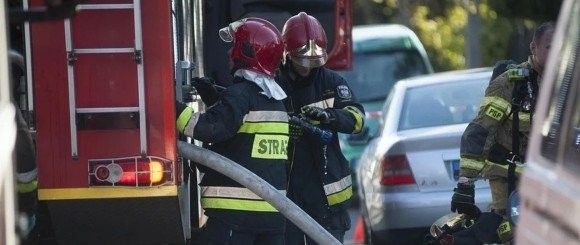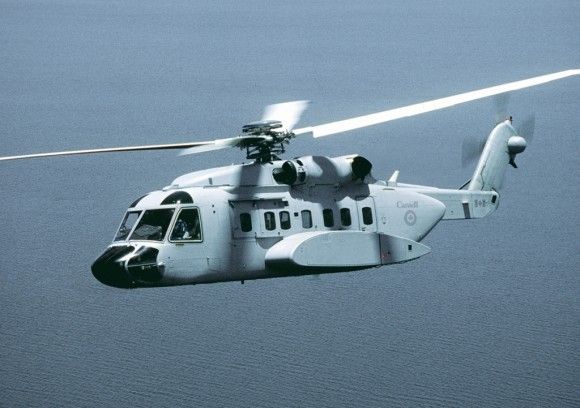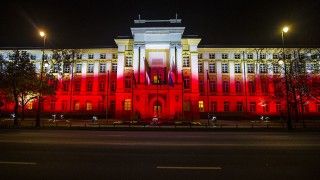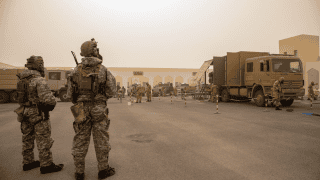- WIADOMOŚCI
- ANALIZA
Polish National Defence Concept: New Division and 5th Generation Fighter Aircraft
Antoni Macierewicz, Polish Minister of Defence, together with the leadership of the Ministry, officially unveiled the new Polish defence concept. Within the framework of the said body of ideas, Polish Ministry of Defence assumes that fourth division of the Polish Army would be created, with command system reform to be implemented, and procurement of 5th generation fighter aircraft to follow.
The main theme within the document is seen in the assumption to enhance the Polish deterrence capabilities, on the basis of domestically established defence potential, with modelling of the desired shape of the Polish Army being the main goal. The A2/AD area denial approach has been defined as the basis for the Polish defence strategy, which entails an enhancement of strike abilities, altogether implemented in a cost-effective manner.
“Polish Armed Forces, in the year 2032, are to be ready for this, in each and every aspect, operating modern equipment of high potential, well-trained soldiers and well embedded procedures” - as the document reads. The presentation of the new concept has been made by Tomasz Szatkowski, Secretary of State at the Polish Ministry of Defence.
One of the criteria adopted within the process (in which the document was created - eds.) was to make it more objective. We have created our own methodology. We are witnessing the Polish strategic thought being born.
As noted, the concept has been, to a significant degree, shaped by the ZIMA-17 command and staff exercise.
Szatkowski also noted that enhancement of the military cooperation in the region, especially in the areas of Baltic Sea, Visegrad Group, with Romania and with the whole NATO Eastern flank being taken into account, would also play a significant part within the process. “Together with Germany and Denmark, cooperating with other allies, we are co-creating the biggest, regional corps-like command unit. [...] At the same time, plans are being made to establish another command facility in Cracow”.
Polish Ministry of Defence assumes that land forces and air force shall be treated with priority. Moreover, the fourth division of operational forces shall be formed, with role of the brigades being more important. The need to form an additional division could have stemmed from the will to reinforce the defensive potential in the eastern region of Poland, since it has been weakened by disbanding of the 1st Division, back in the year 2011. Besides formation of a new unit, the potential remaining at hand of the existing ones is also going to be reinforced. A new, effective system for securing the army logistics would be created, based on formation of a support unit for each and every division. Deputy Minister Szatkowski had also told us earlier that the division-level support units, dealing with reconnaissance and logistics, have been facing significant cuts a few years ago.
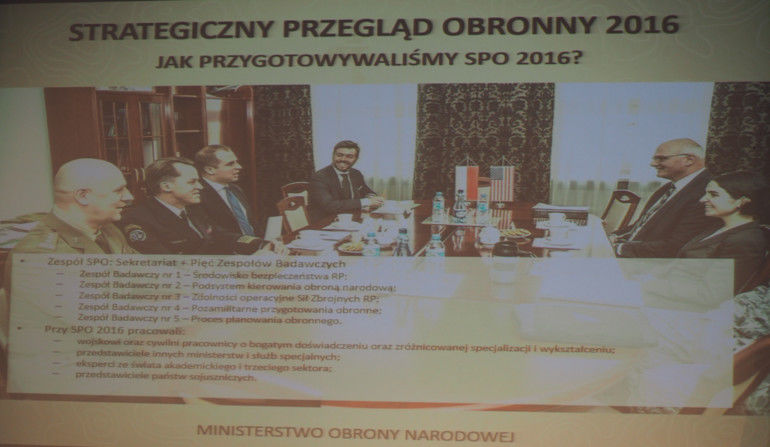
It is also assumed that Special Forces would see further development, having their potential reinforced. The main mission for the Territorial Defence Forces would be to maintain interoperability with the operational forces, principally in a role of light infantry units. “They would also be tailored to counteract guerilla warfare and to provide support in crisis management” - as the document reads. The model for the Polish Army AD 2023 is also to be based on an integrated Baltic area denial system, founded around submarines, the number of which has been defined as 4, Coastal Missile Systems, mine-laying operations and military aviation.
The Ministry of Defence is also going to emphasize development of long range rocket and conventional artillery, which would, combined with the new attack helicopters, enhance the firepower remaining at hand of the Polish Armed Forces. Furthermore, the Air Force is to act as the key deterrent, utilizing long range PGMs and 5th generation fighter aircraft.
A high priority is going to be ascribed to development of rocket and tube artillery - here the expenditure is going to be multiplied, e.g. in case of the Krab system.
“We will cancel the programmes that were only playing a role of substitutions of a peculiar kind (...). We are going to focus on a plan to create a new generation main battle tank (...) This may be a great project with a prospect of industrial collaboration or collaboration with the foreign entities” - as Szatkowski claimed, referring to finalization of the Gepard programme, announced yesterday. We also know that the Polish MoD plans to modernize some of the equipment owned (Gvozdika and Dana howitzers, WR-40 Langusta rocket artillery systems, T-72 and PT-91 main battle tanks).
Changes in the Command Structure
The concept also constitutes an answer to the question: What is the shape of the Polish Armed Forces going to be, after the year 2032? The authors of the document claim that there is a need to make urgent steps, the goal of which would be to restructure the Polish Armed Forces. In the light of the planned reform of the command system, the role played by the Chief of the General Staff is going to be fused with the role played by the Chief Commander. The General Staff is to act as the key planning-advisory body, and it is going to be complemented by an extra element: Inspectorate of Training and Command. The new system shall be simple, its functions and roles allocated - clearly distinguished and separated. Moreover it is to make it possible to make a fluid transition from peace to wartime operation.
Szatkowski has concluded his presentation making a remark, suggesting that there is a great need to restore the strategic culture, and to create the foundation for civil planning and control in the MoD. “Strategic Defence Review needs to become a regular event” - as Szatkowski stated.













